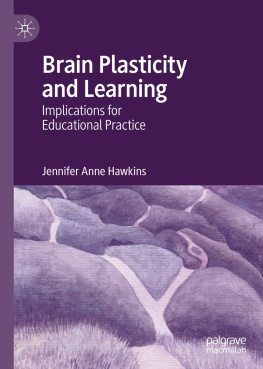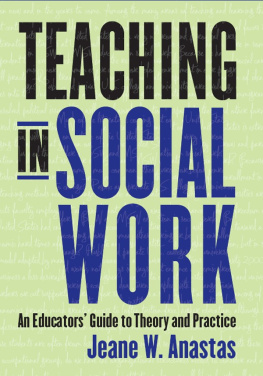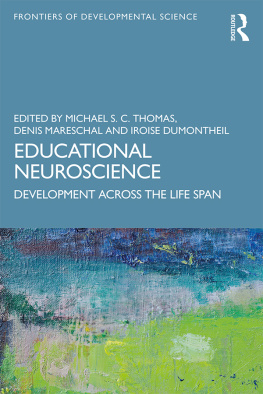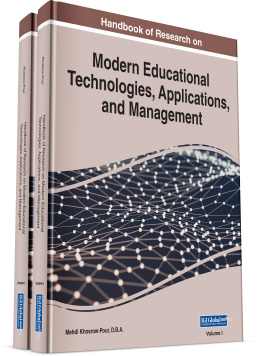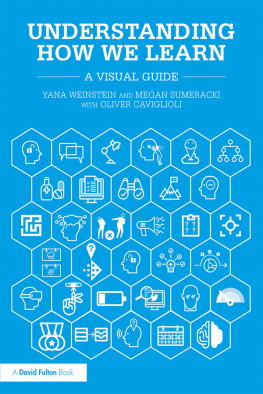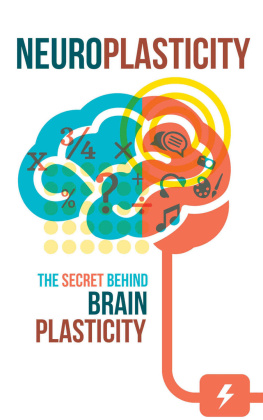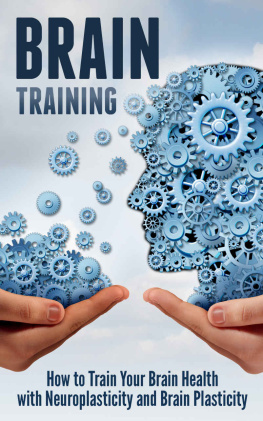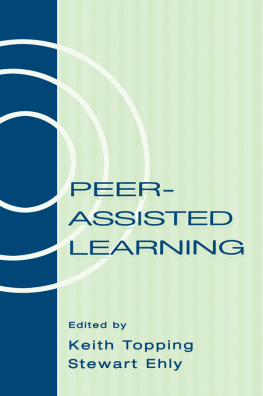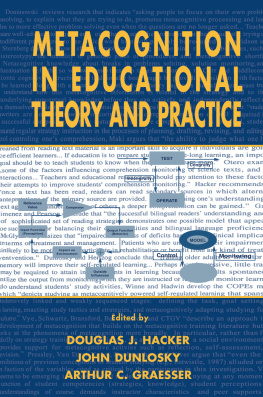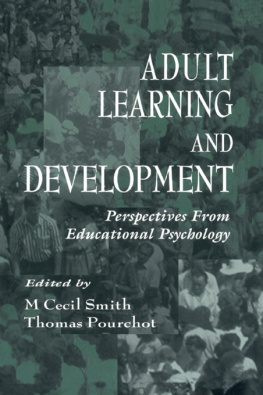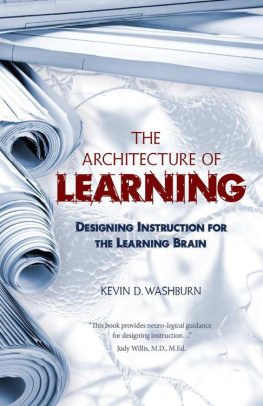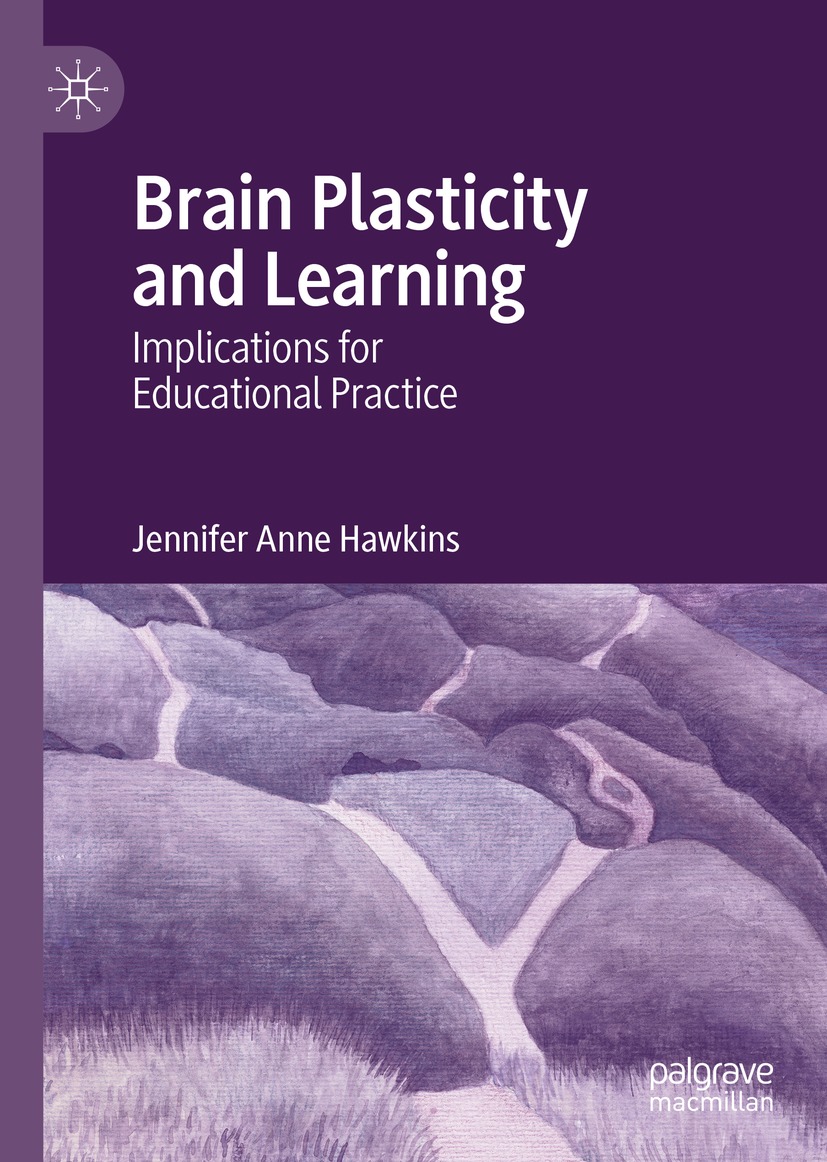Jennifer Anne Hawkins
Brain Plasticity and Learning
Implications for Educational Practice
1st ed. 2021

Logo of the publisher
Jennifer Anne Hawkins
Liverpool Merseyside, Cheshire, UK
ISBN 978-3-030-83529-3 e-ISBN 978-3-030-83530-9
https://doi.org/10.1007/978-3-030-83530-9
The Editor(s) (if applicable) and The Author(s), under exclusive license to Springer Nature Switzerland AG 2021
This work is subject to copyright. All rights are solely and exclusively licensed by the Publisher, whether the whole or part of the material is concerned, specifically the rights of translation, reprinting, reuse of illustrations, recitation, broadcasting, reproduction on microfilms or in any other physical way, and transmission or information storage and retrieval, electronic adaptation, computer software, or by similar or dissimilar methodology now known or hereafter developed.
The use of general descriptive names, registered names, trademarks, service marks, etc. in this publication does not imply, even in the absence of a specific statement, that such names are exempt from the relevant protective laws and regulations and therefore free for general use.
The publisher, the authors and the editors are safe to assume that the advice and information in this book are believed to be true and accurate at the date of publication. Neither the publisher nor the authors or the editors give a warranty, expressed or implied, with respect to the material contained herein or for any errors or omissions that may have been made. The publisher remains neutral with regard to jurisdictional claims in published maps and institutional affiliations.
This Palgrave Macmillan imprint is published by the registered company Springer Nature Switzerland AG
The registered company address is: Gewerbestrasse 11, 6330 Cham, Switzerland
Brain Plasticity and Learning
Jennifer offers an informed challenge to those working in education to re-frame the professional language and knowledge base around teaching and learning. She offers detailed examples of practice and situates these within a stance which affirms the humanity and uniqueness of educational relationship and decision.
Dr. Rachel Lofthouse, professor of teacher education at Leeds Beckett University School of Education, United Kingdom
Traditional educational systems have often neglected preparing educators in the application of the affective and social neurosciences in the deepened understanding of how our brains and bodies are impacted by adversity and trauma. Addressing brain and nervous system development and integrating this research and science into the developing educational worlds of our children and youth creates hopefulness and possibility. Jennifer Hawkins has shared a comprehensive exploration of the critical importance and impact of how brain science and neuroplasticity can contribute to the growth and the resiliency of our worlds children, youth and communities.
Dr. Lori Desautels, Assistant Professor, Butler Universitys College of Education, Indianapolis, USA
By exploring the disconnect between the fields of neuroscience and education as it is traditionally conceived, Hawkins makes a compelling case for change. Published in the wake of a global pandemic, when the younger generation sacrificed so much educational opportunity to protect the health of the older, we cannot ignore the huge potential that is brain plasticity. Hawkins explores what harnessing that might look like for the teacher. Her insights, and their biologically informed underpinning, must be read by anyone interested in the potential of education to transform lives.
Mary Meredith is Head of Inclusion at Lincolnshire County Council, U.K. - Education and skills, Employment, Diversity equality, Conferences and Training
This is a book that is a must read for any educator who wants to ensure that their students receive a quality education. Having the awareness of brain plasticity is one of the golden keys to avoiding putting glass ceilings on our ability and potential as human beings. I believe that Jennifers insights, which are drawn from research and outstanding practices, will be transformational for schools and colleges.
Dr. Neil Hawkes, (DPhil Oxford). Founder of Values-based Education (VbE) Website; www.valuesbasededucation.com
Jennifer Hawkins has produced another book that brings the science of the brain to the classroom in a way that could make a positive difference to the lives of children. The book urges new thinking in the way we approach teaching, questioning some of our traditional practices and their impact. It is fascinating, unsettling and uplifting.
Mick Waters, author with Tim Brighouse of About Our Schools (2021) Camarthen: Independent Thinking Press - to be published in autumn 2021
Jennifer A. Hawkins new book, Brain Plasticity and Learning: Implications for Educational Practice, is an important exploration of neuroplasticity and its critical role in the learning process. Hawkins takes the reader through the fascinating history of neuroplasticity and explains the tenets of neuroplasticity in a very accessible manner. Hawkins leaves the reader inspired by the brains plastic nature, its diversity, how it drives behaviour and its promise that if we can understand the brains malleable nature, we can create treatments to address a number of conditions. A book well worth reading.
Barbara Arrowsmith-Young, author of The Woman Who Changed Her Brain (2012) London: Vintage, Random house
One of the most referenced and researched books I have read on the subject of neuroscience and education, Hawkins brings to the fore all that can no longer be ignored. Comprehensive, compelling and a call to action for all those engaged in education policy and practice that neuroscience can no longer be kept out of the classroom. This is the instruction book for the overhaul that education is yearning for.
Lisa Cherry, Author of Conversations That Make A Difference for Children and Young People (2021) Routledge, Speaker and Trainer on Trauma, Recovery and Resilience. Currently researching belonging. @_lisacherry | www.lisacherry.co.uk
The dominant approach to childrens behaviour in school has focused for centuries on performance, what can be seen, largely ignoring potential, what is possible, the fact that change is always happening. The recent and current science that Hawkins explores underpins the shift which is underway to bring childrens potential for change and growth into the light. To be able to stand their emerging practice on the evidence, teachers and school leaders need a guiding hand through the forest of neuroscience and they have it here.
Dr Geoffrey James, (Ph.D.) Solution Support trainer and practitioner, author of Transforming behaviour in the classroom a solution focused guide for new teachers (2016) Sage and Solutions Focused Coaching Workbook for Educators (2019) Singular thesolutionsfocusedcoach.com
To fellow researchers on this subject, my family and friends
Brain Plasticity and Learning: Foreword
Jennifer Hawkins proposes in her introduction that this book is going to be a journey through eclectic phenomenological research relating to the plasticity of human cognition in the learning journey, and this is a good description of the contents of the text.

